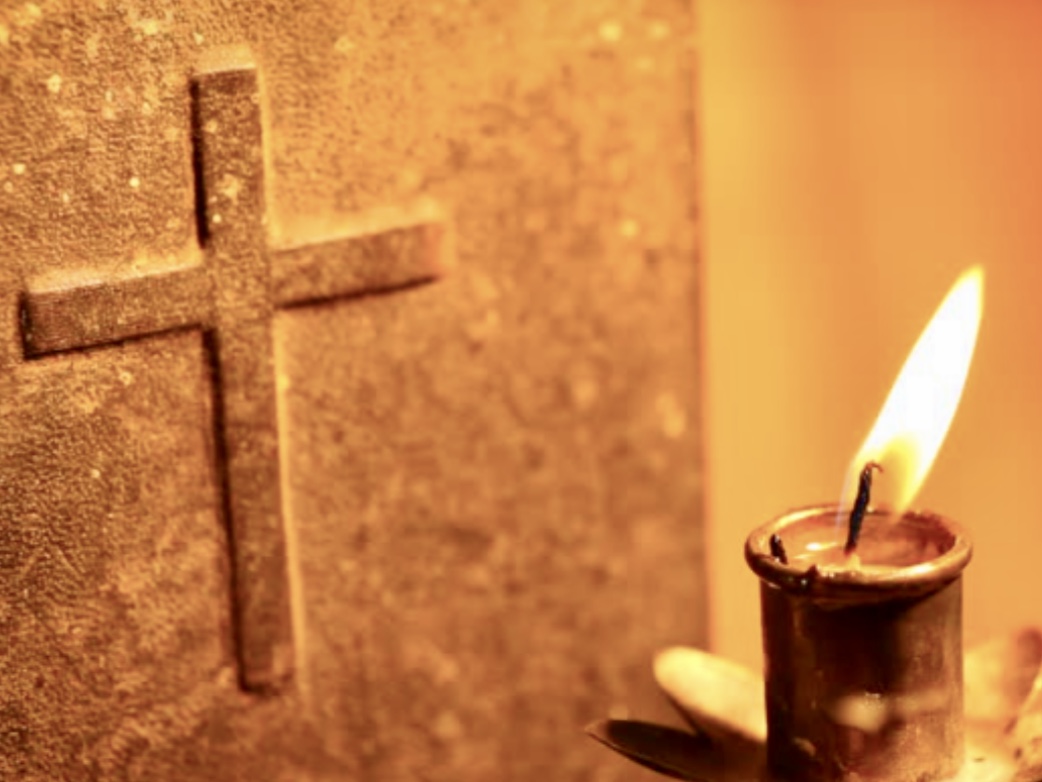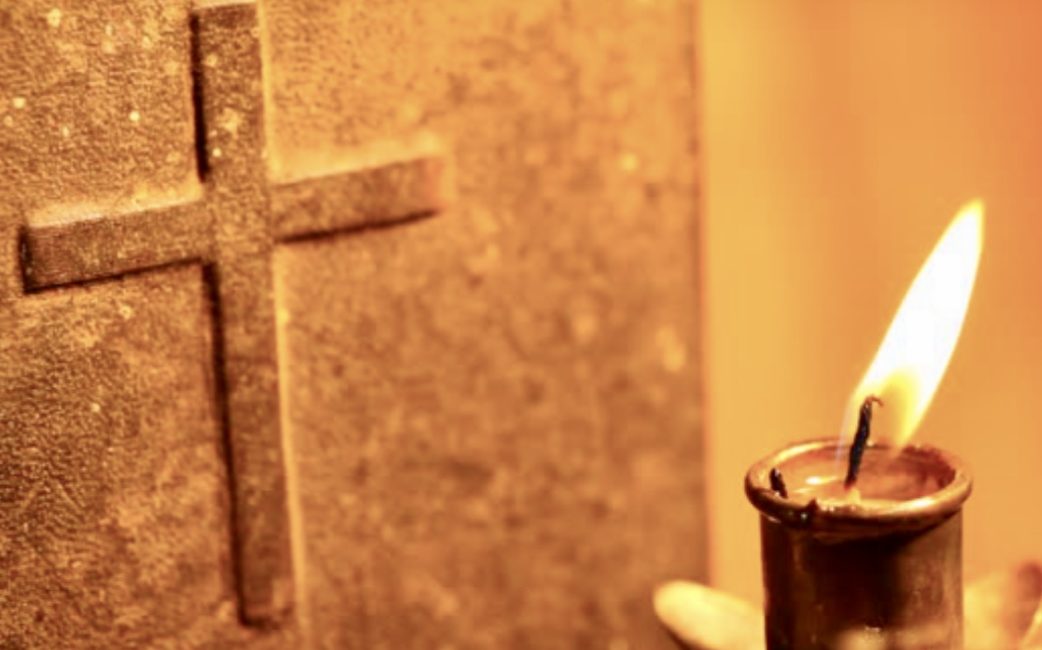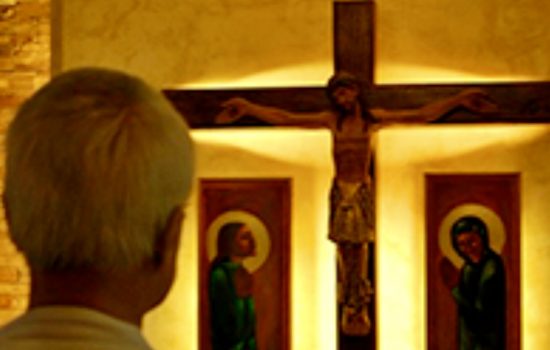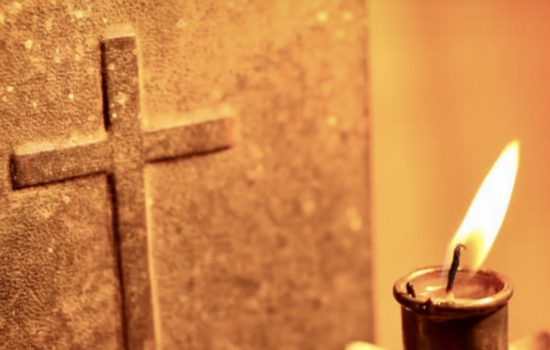PSALM 50 (51) (penitential psalm)
For many people, even today, Psalm 51 is minor key music, woven from sad melodies and gloomy echoes.
Although we feel the persistent and obsessive presence throbbing throughout the psalm of sin, never, however, do we receive even the most distant echo of the complexes of culpability. At no time do we notice that feelings of guilt hover around the walls of the psalmist. We never see him fall into the whirlpool of self-punishment.
Humility is one thing, humiliation another. Humility is the daughter of God, and humiliation, daughter of pride. Humility is a positive attitude, humiliation, on the other hand, self-destructive. In the depths of guilt complexes flutter incessantly that binomial of death: shame-sadness. Indeed, in his final analysis, guilt complexes are reduced to these two feelings combined. And, at the bottom of these complexes, an instinct for revenge stirs in against themselves: they become irritated with themselves because they feel so little. They are indignant and angry at being like this, so incapable of acting according to the criteria of God and reason, according to the canons of an ideal.
They humiliate themselves; they live a life of anger against themselves for not accepting their limitations and impotence, feeling ashamed and saddened at being so little, so powerless to act according to the principles of righteousness. And probably in the final analysis of these complexes, the mother who gives birth to these feelings is the omnipotence complex, hurt, wounded, and defeated when realizing that she cannot fly through the summits of ideal and holiness.
And these feelings have been deliberately cultivated among us, as if saying: humiliate yourself, punish yourself, be ashamed, repent, you are a wretch, a rebel who does not deserve mercy… You had to do penance to deserve divine mercy, forgetting that, even if penance is done until the ends of the world, mercy is not deserved, it is received.
At the bottom, then, of these guilt complexes, deliberately instilled and cultivated, at the base of this self-destructive attitude, pulsates – and this is the most serious—a deeply unfocused theology. Satisfy divine justice and calm God’s vengeful impulses? Which God? A vengeful, bloodthirsty, and cruel? Where did that God come from? A God who must be appeased with penances and with mental punishments against themselves? From what mountain, from what jungle did that God come? From Sinai? The true God was never vengeful; It was men who projected their base impulses onto God.
And there we see Jesus in the gospels inventing stories, comparisons and parables to tell us that, in the end, God is nothing of what we have been told but, quite the contrary, it is tenderness and affection, unconditional forgiveness, eternal and free love, that God is like the most beloved and loving Dad of the earth, that, for Him, forgiving is a celebration, and that the most fragile and brittle, those who have the unhappiest story in the moral field and the last, those are the ones who receive the daddy God’s preferences.
Therefore, the time has come to believe in Love, and to overcome fragilities, not by virtue of
repressive guilt but by virtue of the transforming dynamics of Love, and in the name of that central revelation, brought by Jesus, about eternal and free love of the Father God to each one of us. So, get sad? for nothing. Cringe? for nothing. Humiliate yourself? No reason.
So, what to do? As Psalm 51 will admirably tell us, recognize with humility and confidence our radical helplessness, not fixating obsessively on our sinful condition but in the merciful and understanding condition of God, in his love and tenderness never denied.
Extracted from the book “Psalms for life” chapter 7 “The mercies of the Lord” by Fr. Ignacio Larrañaga.










